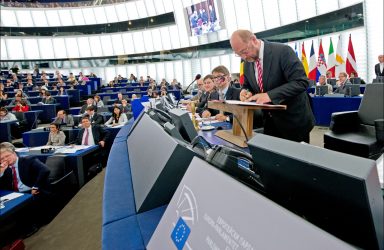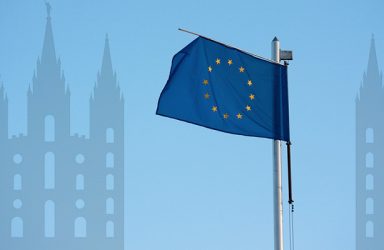Theorising LGBT Rights as Human Rights: A Queer(itical) Analysis
Human rights have emerged as a the primary vehicle through which the future of LGBT rights are being negotiated and institutionalized.
Technological Innovation and Diffusion: Consequences for IR
Humanity is increasingly going to be faced with technological changes that challenge politics and law at every level. It is unclear whether existing institutions will be able to cope.
Analyzing the Threat of Human Trafficking in Europe
Sweden’s Sex Purchase Act of 1999 has had the unintended consequence of organized crime groups finding a new path of least resistance in human trafficking
The EU’s Normative Nature and Its Sanction Regime Against Russia: An Oxymoron?
Sanctions per se are not irreconcilable with normative behaviour, as they may perform the function of conveying a normative argument rather than merely coerce the other.
Paris COP21 Climate Agreement is Bound to Nothing: What is the Solution?
The Paris COP21 climate agreement is empty of action. This could be the biggest failure of the global climate negotiations in their 21 years of existence.
The Importance of ‘Intersectionality’ for Feminist Political Theory and Activism
Intersectionality compels us to tackle complexity and to address categories of difference, recognizing that identity categories are dynamic, fluid and indivisible
National Religions: How to be Both Under God and Under the European Union?
Religion may appear elusive in a European Union criticised for its abstraction, but the European context reinforces the national character of religions.
Is There a Religious Diversity Peace Dividend?
Religious diversity significantly reduces terrorism, which may provide empirical verification for claims that religious freedom increases political stability.
Inter-Religious Work for Peace through Globalised Transnational Civil Society
Inter-religious transnational actors, like Religions for Peace, are assisting in the creation of global civil society by involving women in community development.
Interview – Nicholas Kristof
Nicholas Kristof discusses the Syrian Civil War, the attitudes of US Presidential Candidates towards refugees, and the challenges of reporting from war-torn countries.













